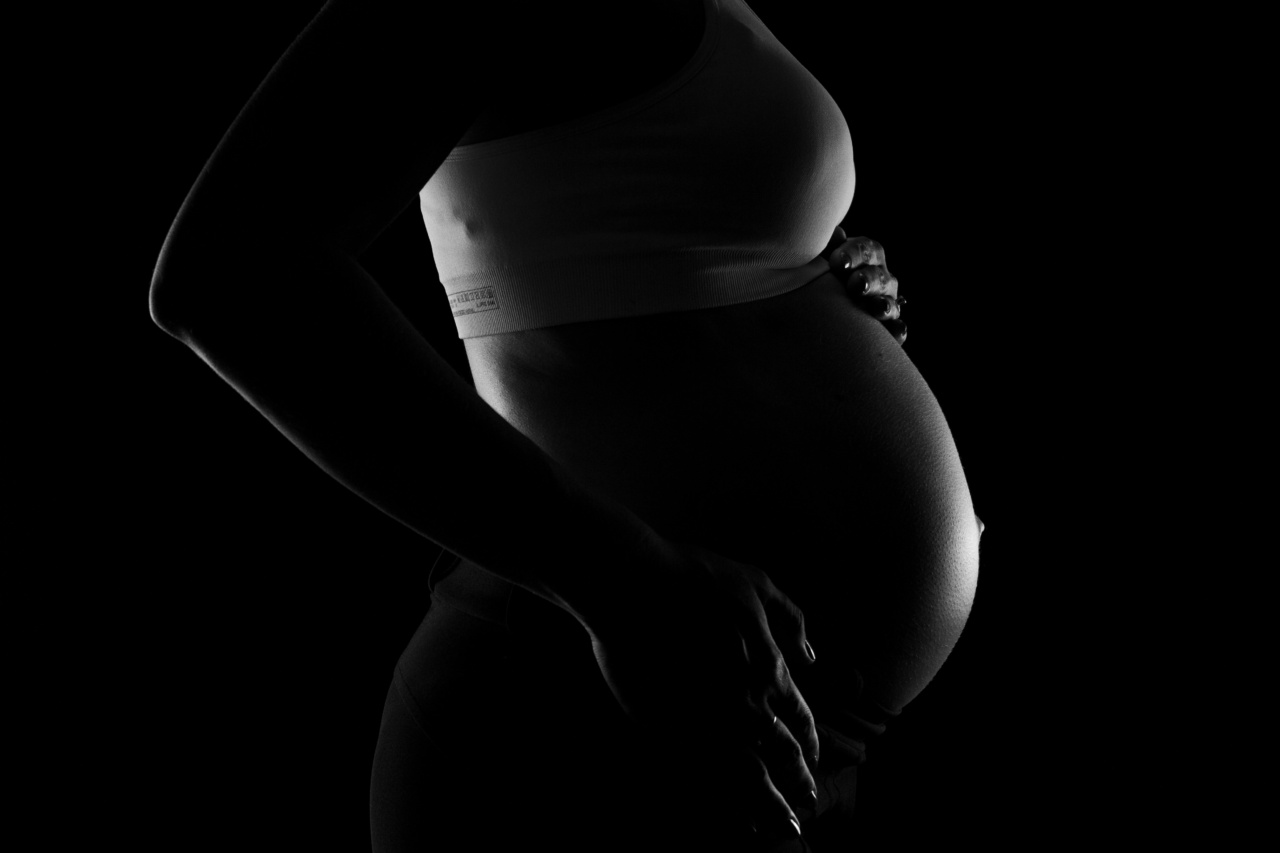Breast milk is the best source of nutrition for a newborn baby. It provides all the necessary nutrients a baby needs for healthy growth and development.
While it is essential to breastfeed, it is equally important to pay attention to the quality of breast milk. The quality of breast milk can be influenced by various dietary habits during pregnancy. In this article, we will discuss how dietary habits during pregnancy can enhance the quality of breast milk.
The Importance of a Healthy Diet During Pregnancy
A healthy diet is crucial during pregnancy, not only for the health of the mother but also for the baby. A well-balanced diet ensures that the baby gets all the necessary nutrients for healthy growth and development.
It is important to include foods from all food groups, including fruits, vegetables, whole grains, dairy products, and protein-rich foods.
Omega-3 Fatty Acids
Omega-3 fatty acids are essential fatty acids that are vital for the growth and development of the baby’s brain and eyes. It is recommended to consume at least two servings of fatty fish per week during pregnancy.
If you do not like fish, you can also get omega-3 fatty acids from other sources such as flaxseed, chia seeds, walnuts, and soybeans.
Protein
Protein is essential for the growth and development of the baby’s cells, tissues, and organs. Pregnant women need to consume adequate amounts of protein to meet the demands of the growing baby.
Good sources of protein are lean meats, fish, poultry, beans, lentils, and tofu.
Calcium
Calcium is essential for the baby’s bones and teeth development. Pregnant women need at least 1000mg of calcium per day. Good sources of calcium are dairy products such as milk, cheese, and yogurt.
If you are lactose intolerant, you can also get calcium from non-dairy sources such as fortified soy milk, tofu, and leafy green vegetables.
Vitamin D
Vitamin D is essential for the absorption of calcium in the body. Pregnant women need at least 600 IU of vitamin D per day. Good sources of vitamin D are fatty fish such as salmon and cod liver oil.
If you do not like fish, you can also get vitamin D from fortified milk, soy milk, and orange juice.
Fruits and Vegetables
Fruits and vegetables provide essential vitamins and minerals that are important for the baby’s growth and development. It is recommended to consume at least five servings of fruits and vegetables per day.
Good sources of vitamins and minerals are dark green leafy vegetables, citrus fruits, sweet potatoes, and berries.
Iron
Iron is essential for the production of red blood cells in the body. Pregnant women need at least 27mg of iron per day. Good sources of iron are lean meats, fortified cereals, beans, and dark green leafy vegetables.
Water
Water is essential for maintaining a healthy pregnancy. Pregnant women need to drink at least eight glasses of water per day. Drinking enough water helps to maintain amniotic fluid levels and prevents dehydration.
Avoiding Certain Foods
Avoiding certain foods during pregnancy can help to enhance the quality of breast milk. It is recommended to avoid alcohol, caffeine, and processed foods. Alcohol and caffeine can pass through breast milk and affect the baby’s development.
Processed foods are high in sodium and sugar, which can affect the quality of breast milk.






























